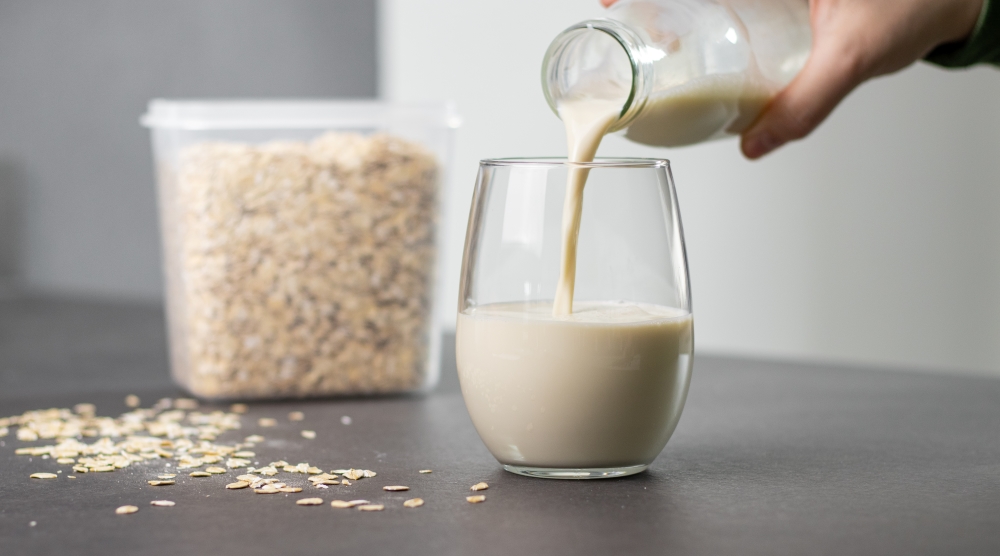Legal updates
Soured (oat)milk: Supreme Court finds Oatly’s POST-MILK GENERATION mark invalid
11 February 2026

This website will offer limited functionality in this browser. We only support the recent versions of major browsers like Chrome, Firefox, Safari, and Edge.
EU trade marks may be revoked on application to the intellectual property office if the rights holder cannot evidence that trade mark has been put to genuine use in the European Union for a continuous period of five years in connection with the goods or services for which it is registered, and there is no proper reason for non-use. The same principle applies to UK trade marks: use it or lose it.
The General Court has held that McDonald’s failed to establish genuine use of its BIG MAC EU trade mark in respect of “chicken sandwiches”, “foods prepared from poultry products” and “services rendered or associated with operating restaurants and other establishments or facilities engaged in providing food and drink prepared for consumption and for drive-through facilities; preparation of carry-out foods”, and therefore its EU trade mark protection for those goods and services has been revoked.
This is a long running dispute between the parties in regard to the McDonald’s “Mc” and “BIG MAC” trade marks. We have written about the previous decisions here and here. Whilst McDonald’s have commented that, despite this decision, it will continue to use the BIG MAC trade mark, it no longer has the exclusive right in the EU to use BIG MAC in relation to the goods and services which have been revoked.
The main takeaway point in this case is that the quality of the evidence to prove genuine use is paramount. The case demonstrates the importance of providing qualitative evidence of genuine use of a contested trade mark, no matter how well known a brand is. This is neatly summarised in the decision (at paragraph 24): “genuine use of a trade mark cannot be proved by means of probabilities or presumptions, but must be demonstrated by solid and objective evidence of actual and sufficient use of the trade mark on the market concerned”.
In regard to “chicken sandwiches”, McDonald’s produced advertising posters and screenshots of its Facebook account from France during the five year relevant period. However, whilst the evidence did demonstrate use of BIG MAC on chicken sandwiches, it was not sufficient because it did not demonstrate in what quantities, or what regularity and recurrence, the goods concerned were distributed, or what prices at which the goods were marketed.
In regard to “services rendered or associated with operating restaurants…” etc, similarly, evidence was not adduced as to the specific services covered by the contested mark. The evidence provided (surveys, brochures, photographs of menus etc.) was only in connection with meat sandwiches, which was not sufficient.
The decision is a reminder that despite how well known a brand is, it is vulnerable to be revoked for non-use after a continuous period of five years, if it has not been put to genuine use or the rights holder is unable to evidence such use. This can be a particular issue in the EU where evidence of use in one member state will not generally be enough. It is crucial for brand owners to keep their marks in use to avoid challenges to key brands and to keep comprehensive records and evidence, in order to demonstrate genuine use of the trade mark, where challenged.
It is also important to make sure that the mark is used in its registered form. If your branding moves on or evolves, you should seek advice on whether new trade mark applications are required.
For more information or if you have any questions, please contact Emily Roberts or Holly Webb.
Subscribe to our Concep newsletter and receive the latest intellectual property legal updates, news and event invitations direct.
Want more Burges Salmon content? Add us as a preferred source on Google to your favourites list for content and news you can trust.
Update your preferred sourcesBe sure to follow us on LinkedIn and stay up to date with all the latest from Burges Salmon.
Follow us